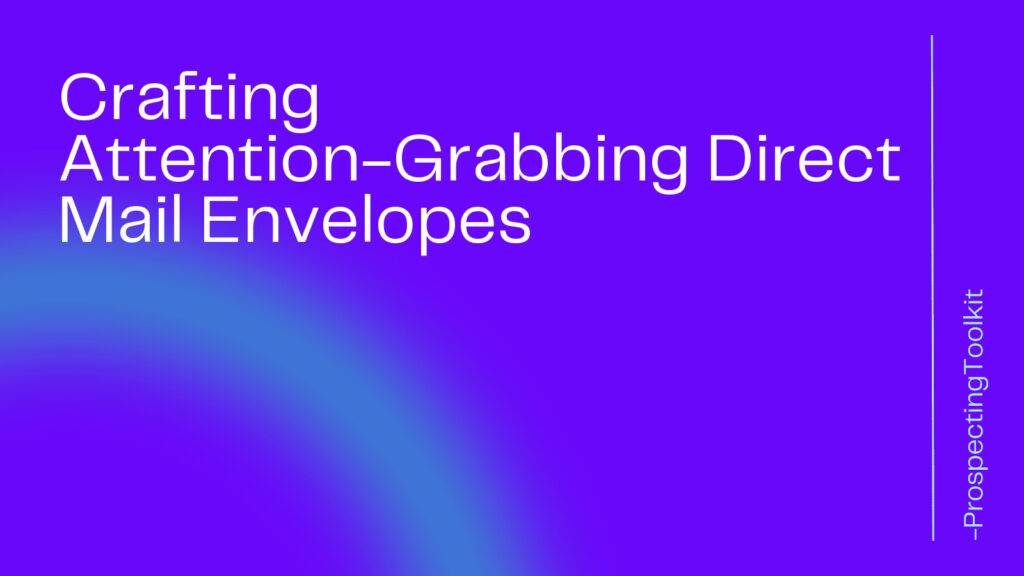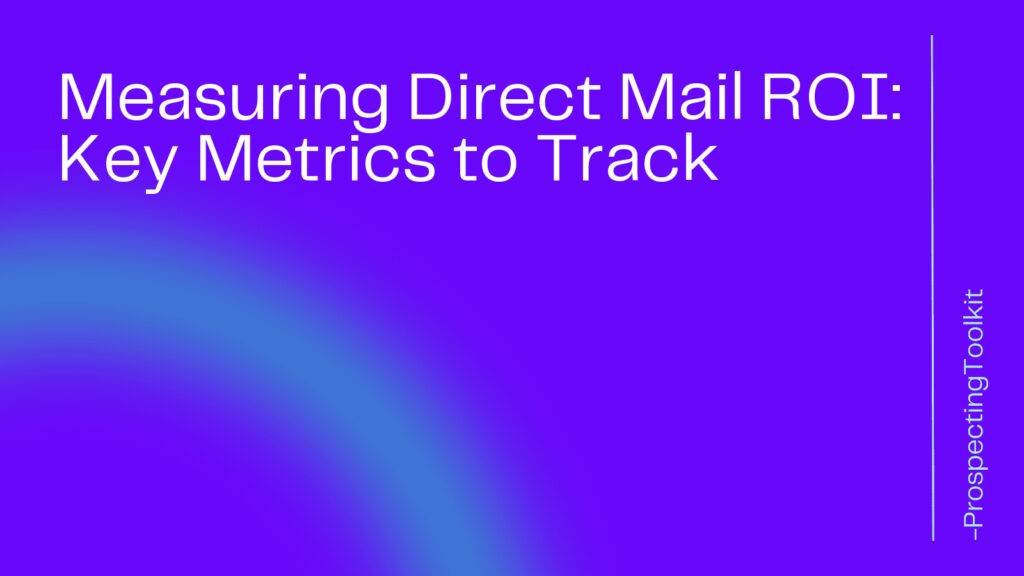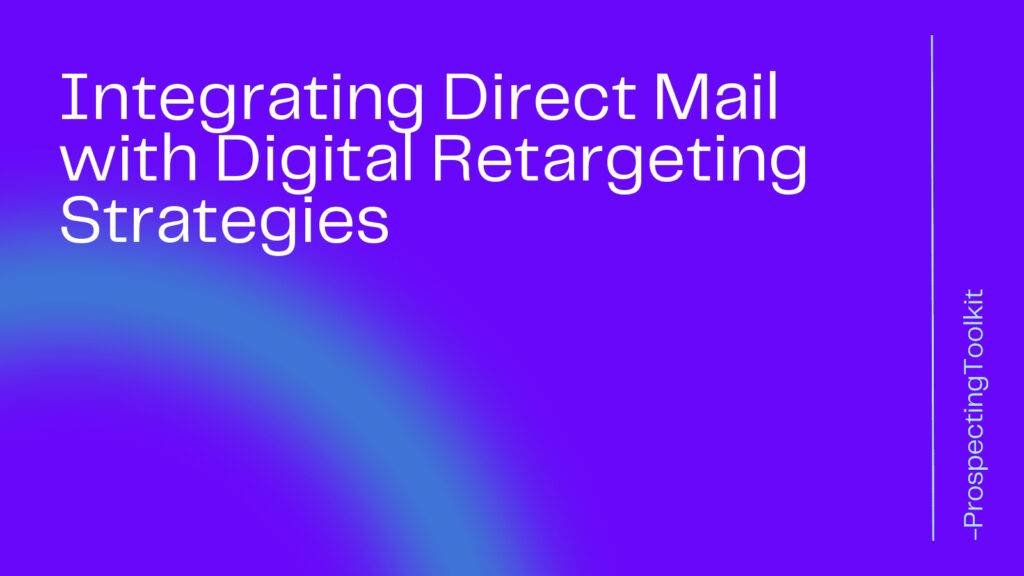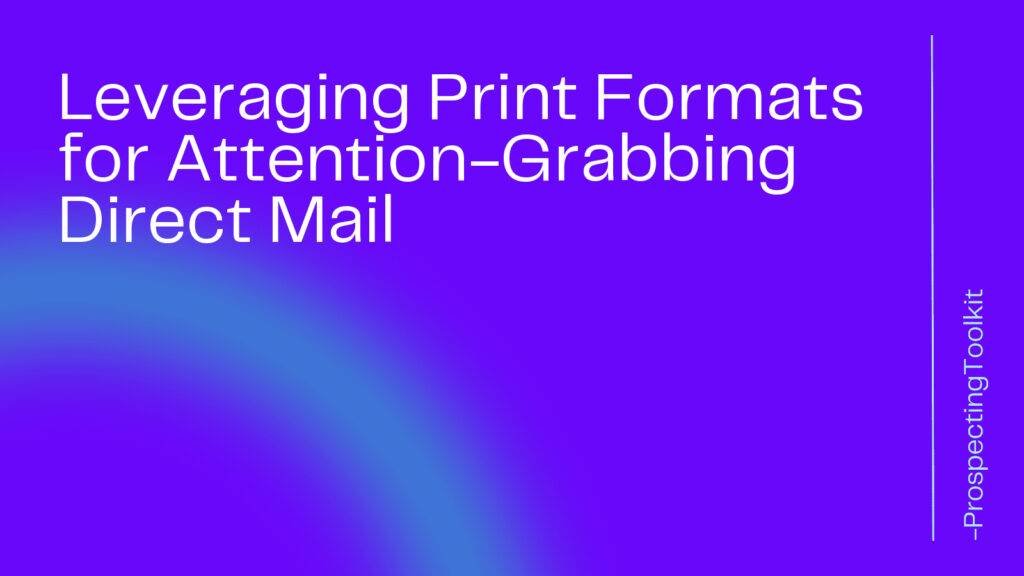In the world of B2B sales, closing deals is the ultimate goal. However, not all prospects are the same, and each has their own unique personality traits and preferences.
As a sales professional, it is crucial to understand these differences and tailor your closing techniques accordingly. By doing so, you can increase your chances of success and build strong, long-lasting relationships with your clients.
In this article, we will explore various closing techniques that are effective for different personality types in B2B sales.
Table of Contents
ToggleKey Takeaways:
- Understand the personality type of your prospect and tailor your closing techniques accordingly.
- Provide data and evidence for analytical thinkers.
- Build relationships and establish trust with relationship builders.
- Be direct and confident with assertive decision-makers.
- Involve all stakeholders in the decision-making process for collaborative team players.
- Showcase innovation and creativity for innovative visionaries.
1. The Analytical Thinker
The analytical thinker is logical, detail-oriented, and values data and facts. They prefer to make decisions based on evidence and rationality.
When closing a deal with an analytical thinker, it is important to provide them with all the necessary information and data to support your claims.
Use case studies, statistics, and testimonials to demonstrate the value and benefits of your product or service.
Be prepared to answer their questions and address any concerns they may have. Patience and a methodical approach are key when dealing with analytical thinkers.
2. The Relationship Builder
The relationship builder is focused on building strong connections and trust with others. They value personal relationships and are more likely to make decisions based on their feelings and intuition.
To close a deal with a relationship builder, it is essential to establish a genuine connection and rapport with them. Take the time to understand their needs, goals, and challenges. Show empathy and actively listen to their concerns.
Highlight how your product or service can help them achieve their objectives and strengthen their relationships with their own clients.
Building trust and demonstrating your commitment to their success is crucial when dealing with relationship builders.
3. The Assertive Decision-Maker
The assertive decision-maker is confident, decisive, and results-oriented. They value efficiency and are not afraid to take risks. To close a deal with an assertive decision-maker, it is important to be direct, concise, and confident in your approach.
Clearly outline the benefits and ROI of your product or service. Emphasize how it can help them achieve their goals and drive results for their business.
Avoid lengthy discussions or excessive details.
Instead, focus on the bottom line and how your solution can deliver immediate value.
Be prepared to negotiate and handle objections with confidence.
4. The Collaborative Team Player
The collaborative team player is cooperative, consensus-driven, and values input from others. They prefer to make decisions as a team and seek consensus among their colleagues.
When closing a deal with a collaborative team player, it is crucial to involve all key stakeholders and decision-makers in the process. Conduct meetings and presentations that allow everyone to share their opinions and concerns.
Highlight how your product or service can benefit the entire team and align with their collective goals. Emphasize the collaborative features and capabilities of your solution.
Building consensus and addressing the needs of all team members is essential when dealing with collaborative team players.
5. The Innovative Visionary
The innovative visionary is forward-thinking, creative, and always looking for new opportunities.
They are open to taking risks and exploring unconventional solutions. To close a deal with an innovative visionary, it is important to showcase the unique and innovative aspects of your product or service.
Highlight how it can help them stay ahead of the competition and drive innovation within their industry. Provide examples of how your solution has helped other visionary companies achieve success.
Be prepared to think outside the box and present creative ideas and strategies.
Engage in discussions that stimulate their imagination and inspire them to envision a better future.
Frequently Asked Questions (FAQ)
How do I know which personality type my prospect belongs to?
Understanding your prospect’s personality type requires active listening and observation. Pay attention to their communication style, decision-making process, and preferences. Ask open-ended questions to gather more information about their priorities and values.
Can one person have characteristics of multiple personality types?
Yes, it is possible for individuals to exhibit traits from multiple personality types. People are complex and can have a combination of different preferences and tendencies. Adapt your approach accordingly and be flexible in your communication and closing techniques.
What if I encounter a prospect whose personality type I am unfamiliar with?
If you come across a prospect with an unfamiliar personality type, take the time to research and understand their preferences. Seek advice from colleagues or mentors who may have experience dealing with similar personality types. Adapt your approach based on the information you gather.
How important is it to adjust my closing techniques for different personality types?
Adapting your closing techniques to match the personality type of your prospect is crucial for building rapport and increasing your chances of success. By tailoring your approach, you demonstrate that you understand and value their unique needs and preferences.
Are there any resources or tools available to help me understand different personality types in sales?
Yes, there are various resources and tools available to help you understand different personality types in sales. One popular tool is the DISC assessment, which categorizes individuals into four main personality types: Dominant, Influential, Steady, and Conscientious. This assessment can provide valuable insights into how individuals prefer to communicate, make decisions, and interact with others. Additionally, there are numerous books, online courses, and workshops that delve into the topic of personality types in sales and provide practical strategies for adapting your approach. Investing time in learning about different personality types can greatly enhance your sales effectiveness.
Conclusion
In conclusion, closing deals in B2B sales requires a nuanced understanding of different personality types.
By tailoring your closing techniques to match the preferences and priorities of your prospects, you can increase your chances of success and build strong, lasting relationships.
Remember to adapt your approach for analytical thinkers, relationship builders, assertive decision-makers, collaborative team players, and innovative visionaries.
By doing so, you will position yourself as a trusted advisor and maximize your sales potential.
Happy closing!
References:







